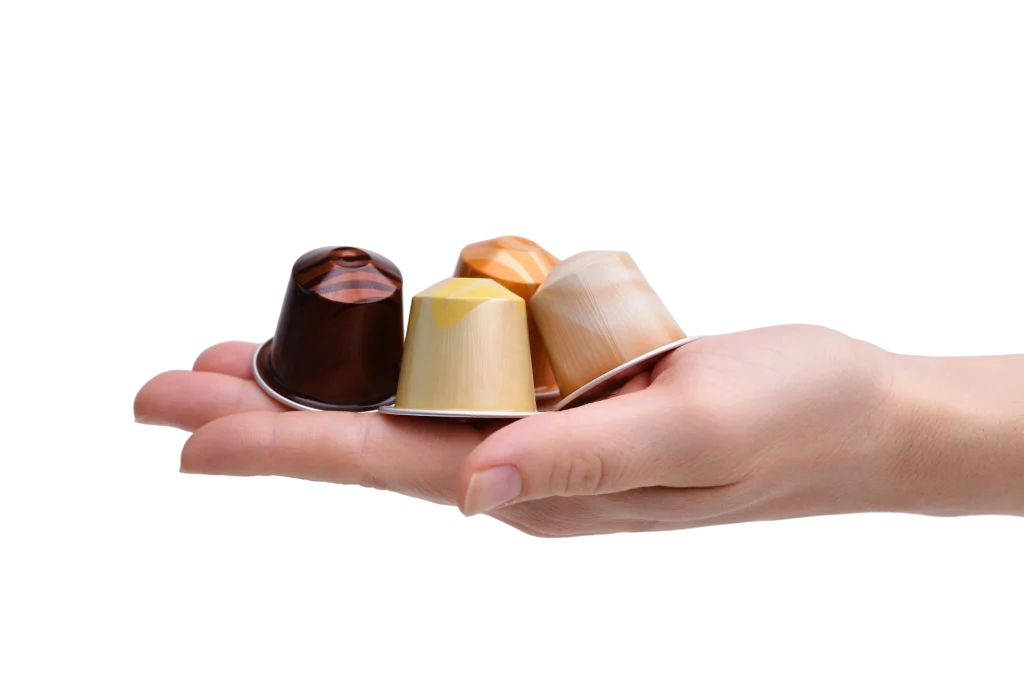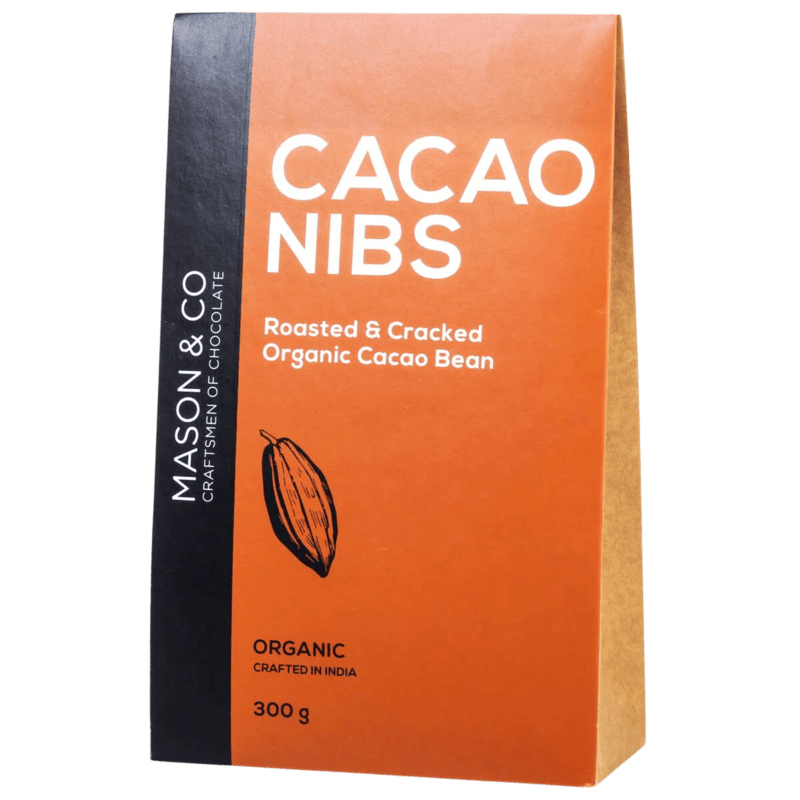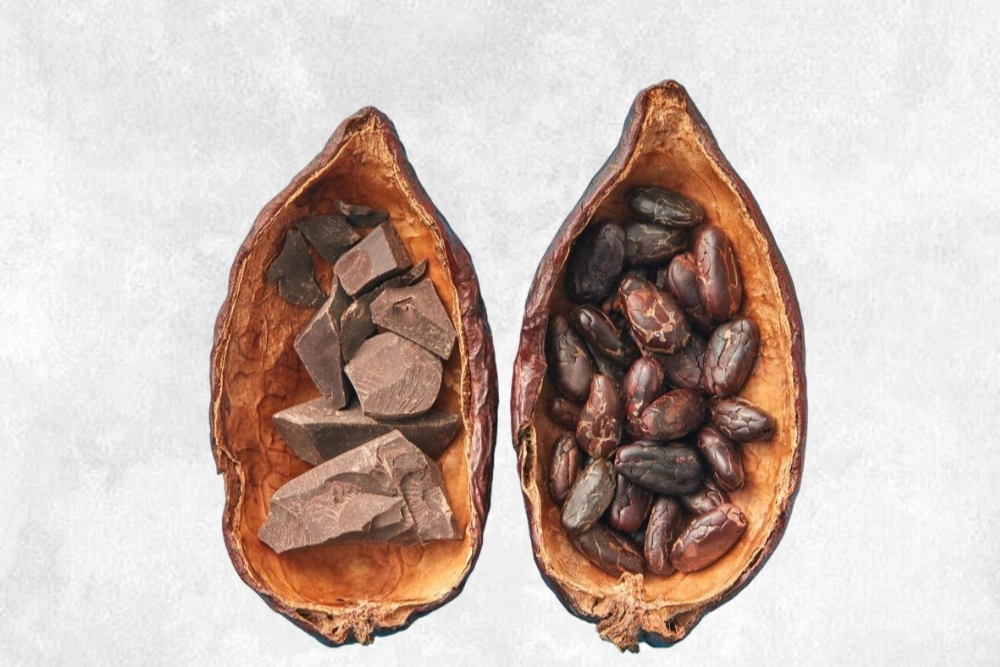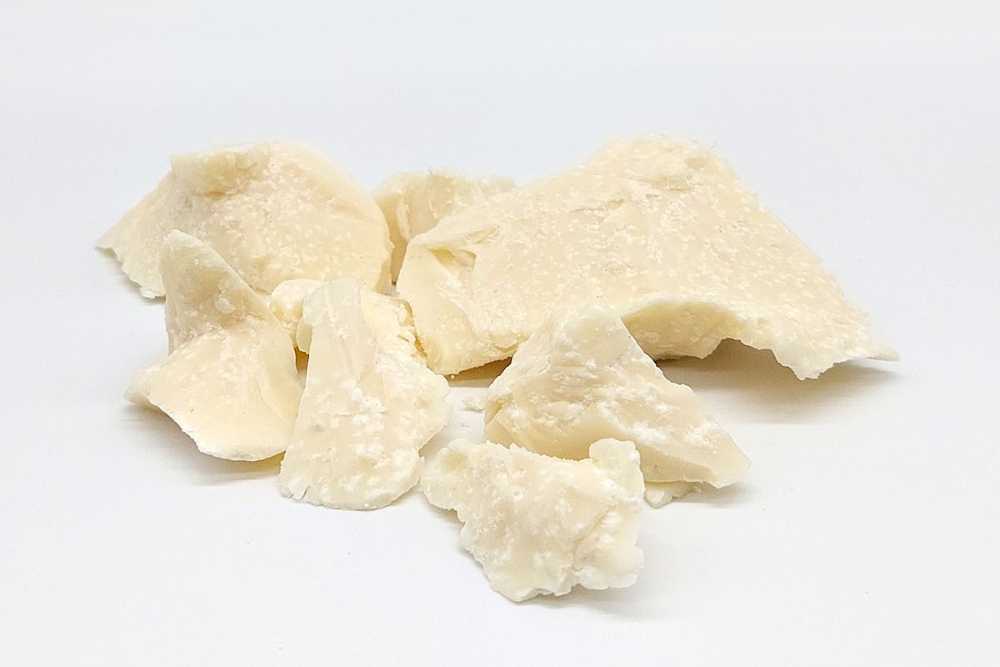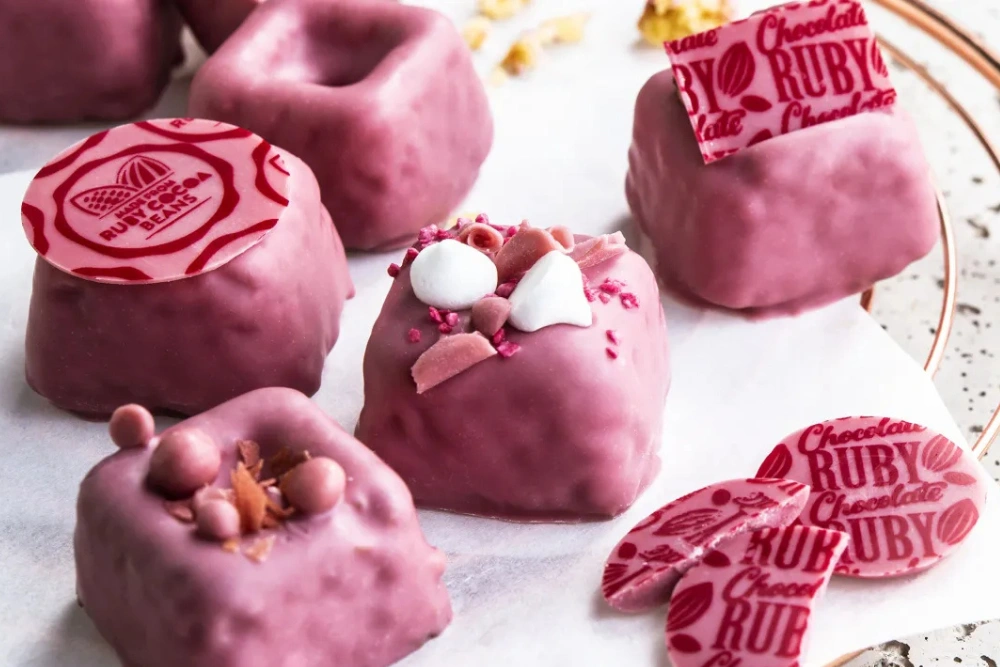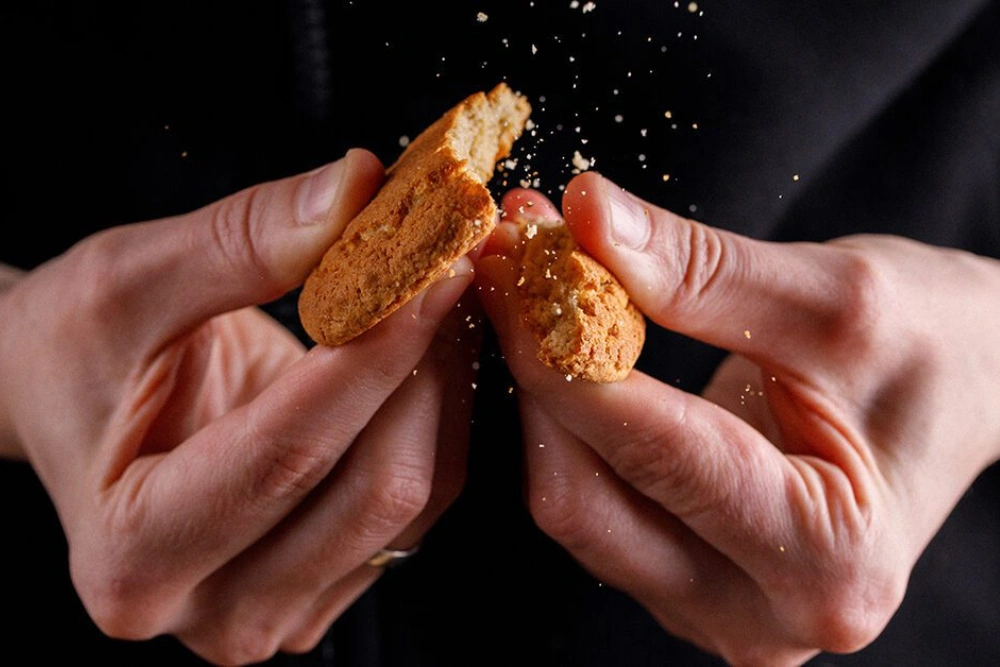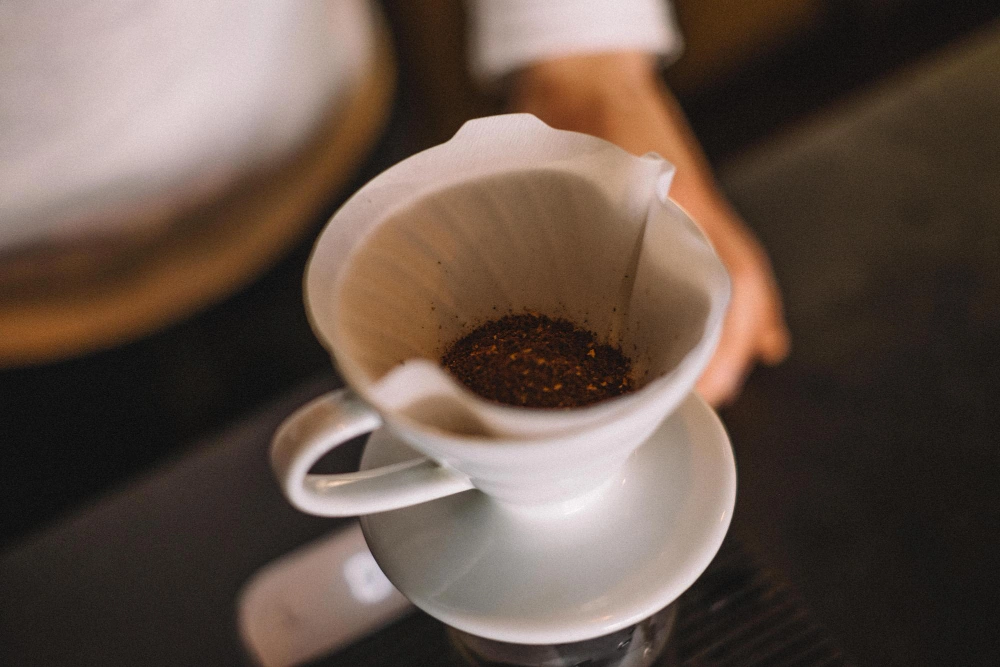Key Drivers of Demand Growth
The rapid growth in coffee capsule demand is the result of several converging trends in lifestyle, technology, and environmental awareness ؛ each playing a decisive role in the product’s rising popularity.
Convenience in busy lifestyles → A fresh cup of coffee in less than a minute is a key factor for a time-sensitive generation.
Rising adoption of single-serve machines → The expansion of Nespresso and Keurig devices fuels demand globally.
Café-like experience at home → Consumers want the same flavor consistency they once found only in coffee shops.
Green innovations in packaging → Compostable and recyclable capsules are now major purchase drivers for eco-conscious buyers.

Global Coffee Capsule Market Outlook to 2025
Coffee capsule are no longer a niche luxury for cafés; they’ve become an essential part of modern lifestyles. A quick look at today’s kitchens shows how single-serve machines like Nespresso and Keurig have replaced many traditional brewing methods.
According to industry reports, the global coffee capsule market was valued at around USD 38 billion in 2023 and is expected to surpass USD 58 billion by 2030, with a CAGR close to 6%. This steady growth confirms that coffee capsule is not just a passing trend, but a strategic billion-dollar industry with a sustainable future.
The “Kill the K-Cup” Campaign and Its Impact on Coffee Brands
In 2015, an independent company called Egg Studios in Halifax, Canada, produced a viral video titled “Kill the K-Cup.” The short film depicted a dystopian city buried under mountains of plastic coffee pods ; a wake-up call to the hidden cost of convenience in modern life.
The social pressure generated by this campaign forced major brands to reconsider their strategies and move toward more sustainable solutions:
Launching recycling programs for aluminum capsules (e.g., Nespresso).
Designing biodegradable capsules made from cornstarch, sugarcane, or compressed paper.
Promoting reusable and refillable capsules to reduce dependence on single-use plastic.
Creating city-wide collection and recycling networks.
The Problem with Single-Use Plastics
Every year, more than 60 billion plastic coffee pods are produced, and most of them end up in landfills. These non-biodegradable wastes threaten soil and water resources while symbolizing endless consumerism.
The Kill the K-Cup campaign sent a powerful message: today’s convenience should not sacrifice tomorrow’s planet.
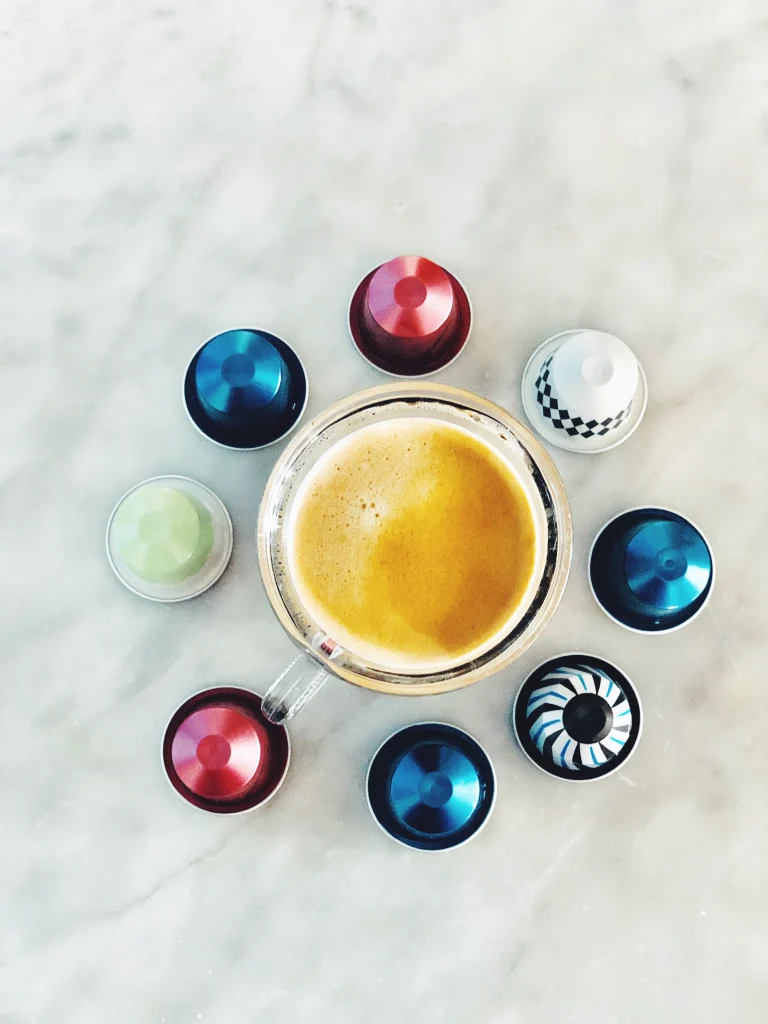
Sustainable Coffee Capsule : Green Solutions for a Zero-Waste Future
Biodegradable Coffee Pods
A new generation of biodegradable coffee capsules, made from materials such as cornstarch, sugarcane, or compressed paper, is reshaping the market.
These pods decompose within months under industrial composting conditions.
Some brands even use agricultural waste or local plant-based materials to reduce reliance on plastics.
If you’re looking for sustainable coffee pods, always check for the “Compostable” label.
Recyclable Packaging
One of the strongest market shifts is toward 100% recyclable materials such as aluminum and mono-layer polyethylene (Mono-Material).
Aluminum not only protects aroma and freshness but is also infinitely recyclable.
Grand View Research (2023) reports that recyclable packaging could reduce capsule waste by up to 30% annually.
This supports the principles of the circular economy, helping brands win consumer trust while conserving natural resources
The Zero-Waste Path in Coffee Consumption
To achieve a zero-waste coffee future, new strategies are emerging:
Reusable capsule : refill with ground coffee after each use.
Refill stations : purchase coffee without extra packaging.
Buying in bulk : simple but effective in reducing packaging waste.
A real-world example is Keurig’s K-Rounds. seaweed-based, fully compostable pods that prove the zero-waste concept is no longer an idea but a reality.
These three approaches are guiding consumers away from the single-use model and toward a sustainable, long-term coffee culture.
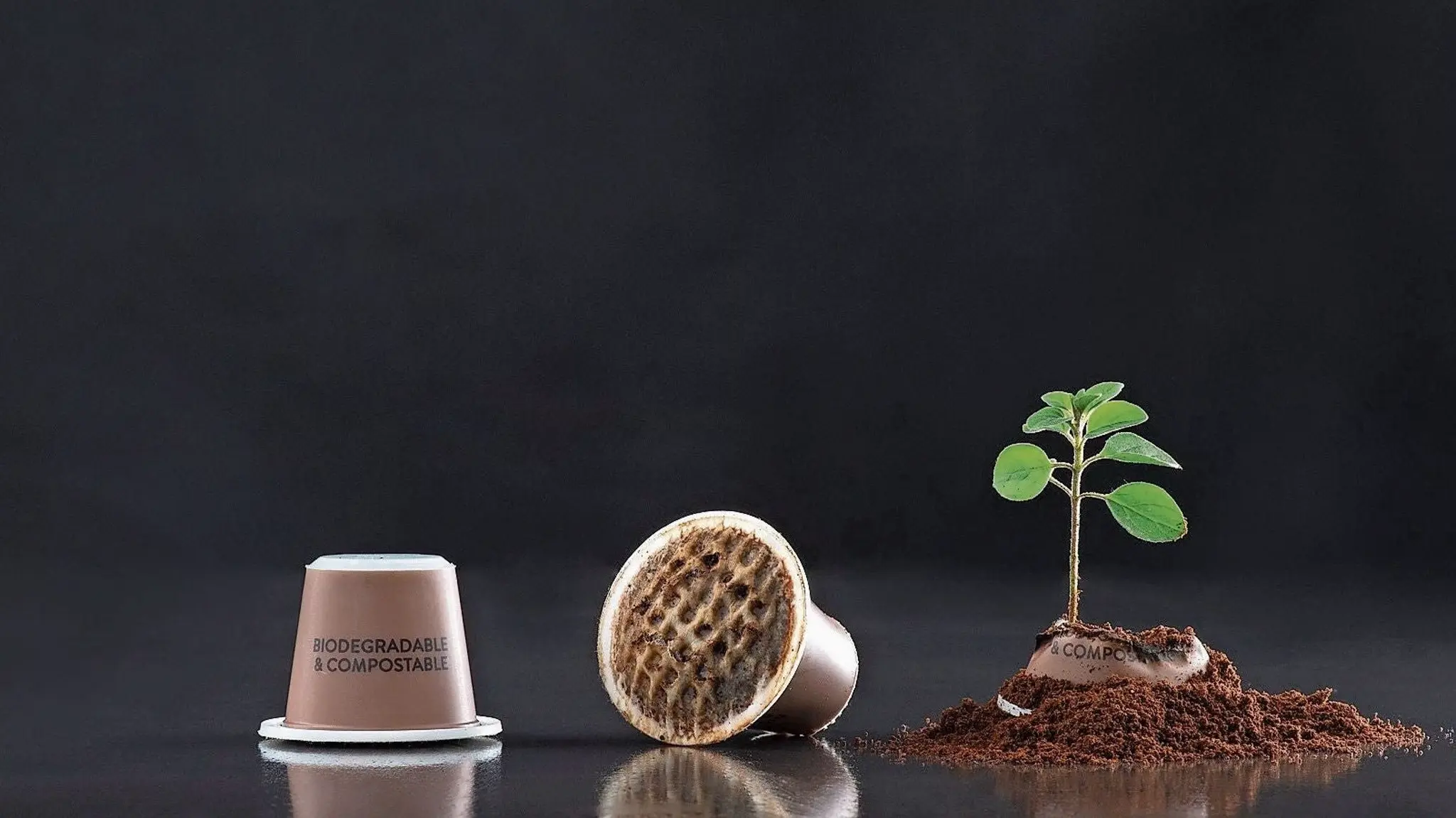
What’s the Difference Between Biodegradable and Recyclable Coffee Capsules ?
- In a composting environment, biodegradable coffee capsules break down within a few months into natural elements like water and carbon dioxide.
Recyclable coffee capsules, on the other hand, must go through recycling facilities to be reprocessed into raw materials such as aluminum or plastic.
The key difference: one returns directly to nature, while the other re-enters the production cycle.
health-oriented and Functional coffee capsules
Coffee capsules are no longer just an everyday beverage; brands are moving toward functional coffee.
Fortified with vitamins to support immunity and overall health.
Infused with adaptogens such as ginseng and medicinal mushrooms to reduce stress.
Growing demand from health cafés, wellness outlets, and conscious consumers seeking added nutritional value.
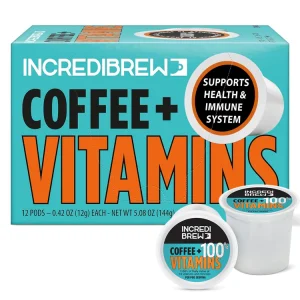
Nespresso’s Green Strategies for Sustainable Coffee Capsules
1. Expansion of Compostable Paper Capsules
- Since 2024, Nespresso has introduced OK compost-certified paper capsules (by TÜV Austria) in several European markets (Austria, Germany, Italy, Netherlands, etc.).
- This trend continues into 2025 with broader global coverage.
2. Improved Recycling Infrastructure
- Aluminum capsule collection rates reached 35% in 2024, up from 33% the previous year.
- Investments in municipal recycling systems in New York and New Jersey, plus collaborations with local partners in the Netherlands to boost capacity.
3. Consumer Education Campaigns
- Choose Aluminium, Choose to Recycle campaign launched in North America.
- Similar initiatives expanding globally in 2025 to raise awareness and participation.
4.The Positive Cup Vision
- Nespresso’s umbrella sustainability framework, The Positive Cup, focuses on reducing carbon emissions, supporting the circular economy, and advancing zero-waste goals.
- This serves as the backbone of all Nespresso’s green innovations in coffee capsules.
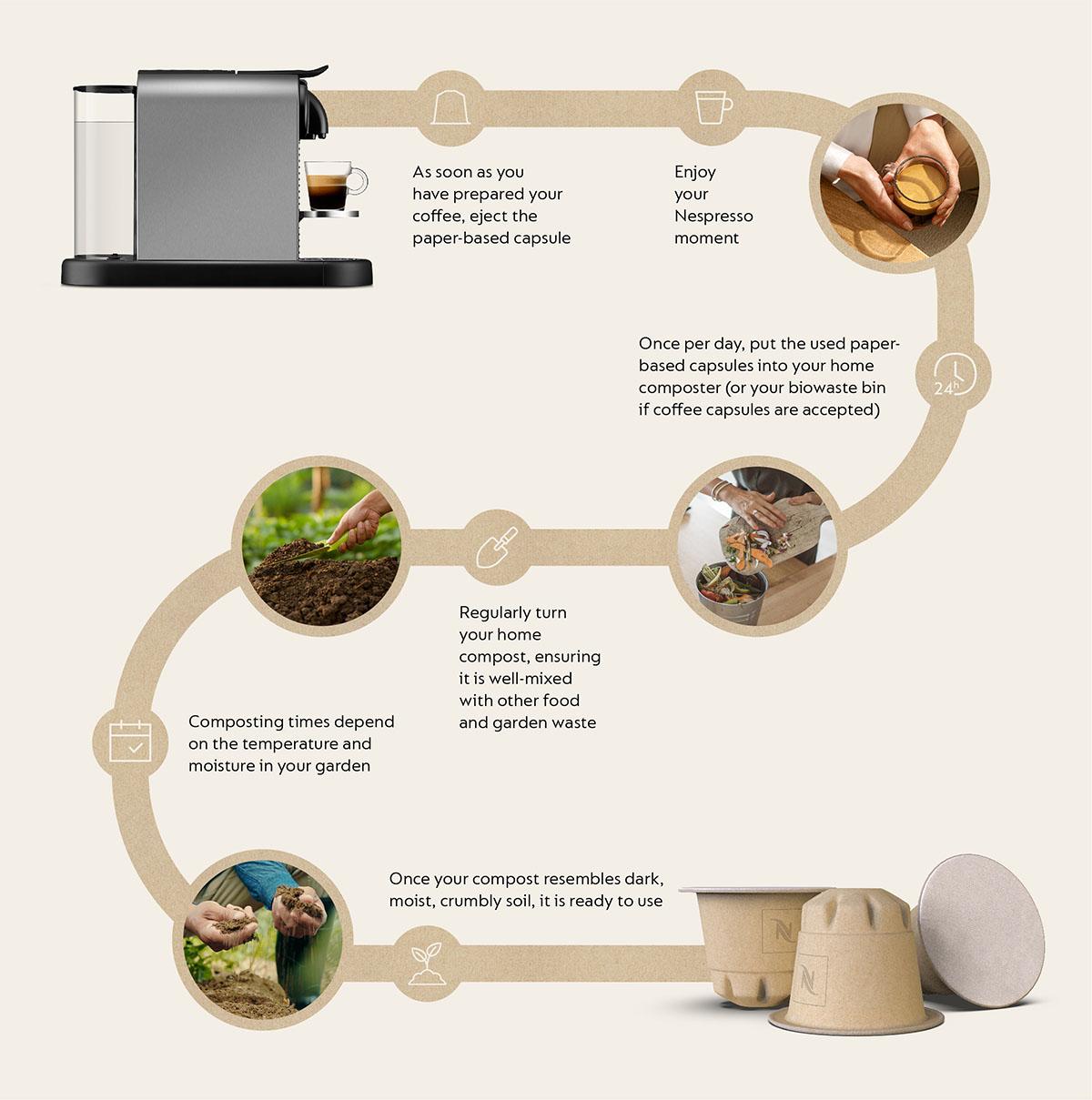
Recent Innovations from Global and Local Coffee Capsule Brands
1. Keurig and the Launch of K-Rounds
In 2023, Keurig unveiled its K-Rounds: plastic-free coffee capsules made from seaweed and plant-based materials.
These capsules are fully compostable under industrial conditions while maintaining brewing quality without the need for aluminum or plastic.
The move was seen as a direct response to the criticisms raised by the Kill the K-Cup campaign.
2. Lavazza and Compostable Materials
Lavazza, the heritage Italian coffee brand, introduced a wide range of compostable capsules certified for industrial composting.
These eco-friendly capsules have been approved by European institutions and are widely available across EU countries.
3. Small & Local Brands
In recent years, numerous small and local brands across Europe, North America, and even Asia have entered the sustainable coffee capsule market.
Some brands experiment with cocoa bean shells or other agricultural by-products as raw materials for capsule production.
Many operate under direct-to-consumer (D2C) models with monthly subscriptions, engaging consumers in more sustainable coffee experiences.
Examples include :
Halo Coffee (UK): launched the first 100% home-compostable capsule.
Gourmesso (Germany): producing Fairtrade & organic capsules with lower carbon footprints.
Bluecup (Japan): focusing on reusable capsules and collaborating with local retailers.
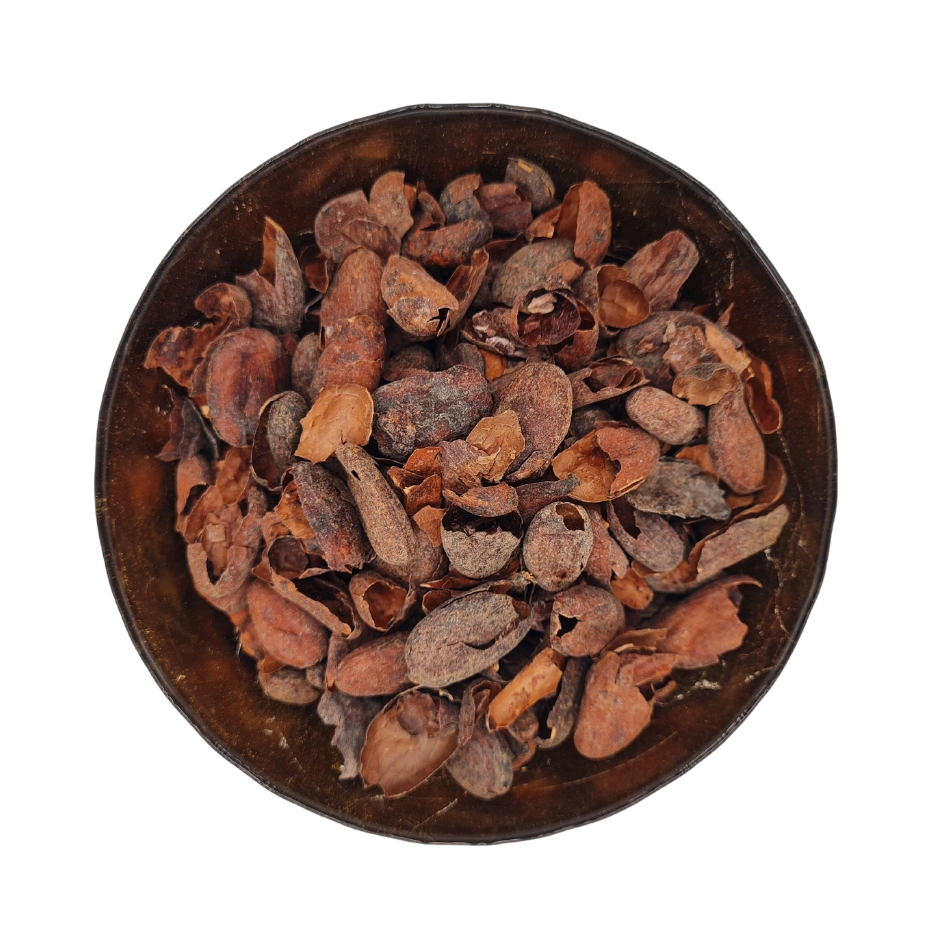
Cocoa Bean Shell: From Industrial Waste to a Nutrient-Rich & Sustainable Ingredient
From waste reduction to fiber and antioxidant enrichment, cocoa bean shell opens new opportunities for innovation and sustainability in the food industry; make the smart choice today for a healthier tomorrow.
- Related articles
How Can Consumers Make Sustainable Choices in Coffee Capsules?
Sustainability is not only the responsibility of producers ; consumers also play a key role in shaping the future of coffee capsules:
Choose brands with transparent recycling programs and collection systems.
Buy Compostable or Recyclable capsules instead of plastic-only models.
Use refillable or reusable capsules and support refill stations.
Participate in local initiatives and campaigns that aim to reduce coffee waste.
Every consumer choice contributes to a more sustainable coffee culture.
